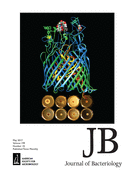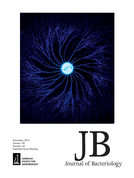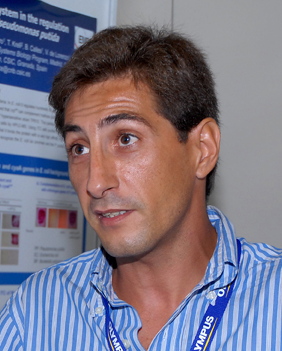 A once-lauded researcher in the field of infectious disease — who has since been found guilty of misconduct — has retracted a second paper.
A once-lauded researcher in the field of infectious disease — who has since been found guilty of misconduct — has retracted a second paper.
Last year, the University of Dundee in Scotland investigated and ultimately concluded that Robert Ryan — whose work focused on infections that can be deadly in people with lung diseases such as cystic fibrosis — had committed “serious research misconduct,” affecting multiple publications. After appealing the decision, Ryan resigned.
We covered his first retraction earlier this month, which cited multiple instances of image duplication. Now Ryan has retracted his second paper, published in 2011 in Journal of Bacteriology, also due to image problems.
Here’s the retraction notice: Continue reading Former rising star found guilty of misconduct issues 2nd retraction




